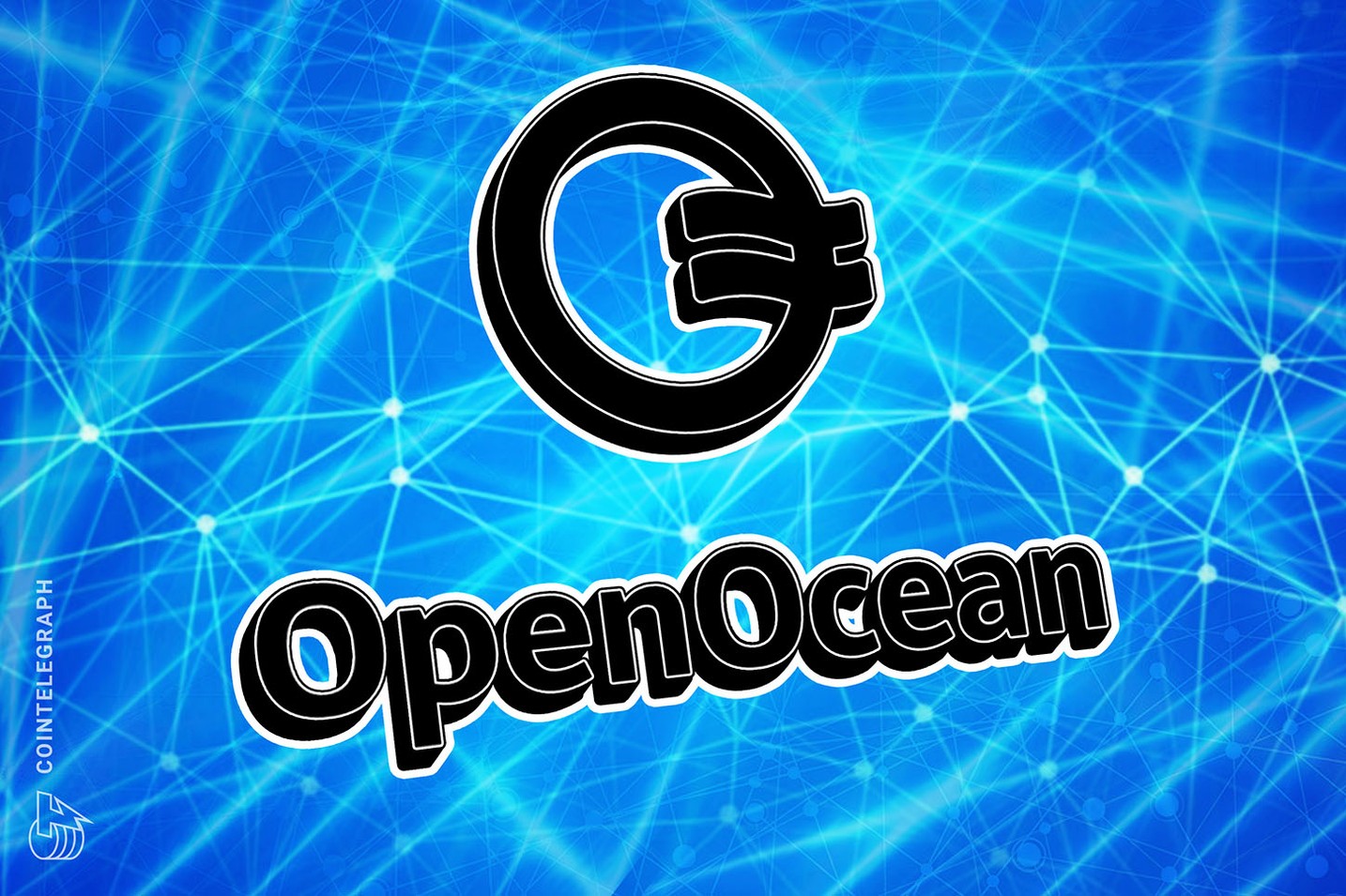For the first time, an aggregator is offering traders price comparisons between both decentralized exchanges and centralized exchanges. Finally, decentralized finance and centralized finance can be connected by OpenOcean.
At the time of writing, OpenOcean users have a one-stop-shop for trading on Ethereum, Binance Smart Chain, Tron, Ontology, Solana, Polkadot and more coming soon.
This is unprecedented for a decentralized exchange aggregator. DEX aggregators usually do only what the name suggests: use algorithms to find the best price for a trade by comparing multiple decentralized exchanges. This service is executed by many familiar names, such as 1inch, Matcha and ParaSwap. OpenOcean is the first mover in the CEX/DEX aggregation use case.
Top tier investors from all over the world
OpenOcean has recently closed a round of fundraising, announcing Binance as a strategic investor and proving that OpenOcean is among the best in the business. It has also been flooded with more high-profile strategic investors, such as Multicoin Capital, CMS, Kenetic, Altonomy and LD capital.
How does the one-stop entry for crypto trading work?
Until now, the crypto industry has had no single entrance for one-stop, free-flow crypto trading between DEXs and CEXs. Some users prefer DEXs and taking responsibility for the safety of their own funds, so they choose to trust smart contracts when engaging in trading. Other users may prefer to trade on CEXs for better liquidity and to transact with fiat currencies. But price volatility and price variations between exchanges mean users without advanced programming skills cannot get the best prices quickly.
OpenOcean’s innovative solution first offers the best prices with lower slippage for users on DEXs, utilizing an optimized version of the Dijkstra algorithm called D-star, which then splits routing between different protocols for better transaction rates. Thus, the platform enables the best prices and the lowest slippage all in real-time during an active trade on the aggregated DEX. OpenOcean then compares the best prices on DEXs and the best prices on listed CEXs. The protocol then offers users the choice to trade at the best price either on the user’s chosen DEXs or CEXs with their wallet. Remember, users don’t need to have a CEX account to trade on a CEX through OpenOcean.
The OpenOcean is affordable for all
OpenOcean is already outperforming its DEX aggregator counterparts in terms of pricing and fees. In an article by DApp Journey, a random trade was conducted on OpenOcean and 1inch that swapped Ether for Dai under the options of “Max Return” and “Lowest Gas.” Each time, OpenOcean provided traders with a better price and considerably lower gas fees. Its pricing will further improve when the machine-learning algorithms are finished being built into its D-star algorithm. Perhaps most importantly, OpenOcean has a “No Extra Fee” commitment. The platform charges zero protocol fees and will even subsidize users for slippage loss with OOE tokens after token issuance.
The OpenOcean is for both new swimmers and expert swimmers
Both the Classic and Pro versions apply simple user interfaces, providing both beginners and experienced traders with a smooth-sailing trading experience. The classic version offers new users simple price charts on DEXs and CEXs, as well as price comparisons between DEXs and CEXs. The team is rapidly building the Pro version’s comprehensive transaction tools, such as limit orders, candlestick chart tools, profit and loss setting, real-time monitoring and alerts. Professional traders can also run their own investment strategies through the API. The OpenOcean team can also customize the UI to better suit the needs of institutional investors. In addition, all users are able to do arbitrage transactions between DEXs and CEXs on the OpenOcean platform if they spot arbitrage opportunities on the price comparison charts.
The future
A glance at the roadmap confirms that OpenOcean is unsatisfied with just aggregating spot trading. The future promises derivatives, yield products, as well as lending and insurance services via the Indian Ocean, Atlantic Ocean and Pacific Ocean protocol versions. A “full aggregator” provides not just real-time price quotes from decentralized exchanges but an entry point for crypto traders to get access to all exchanges and product portfolios and to facilitate any type of comprehensive trading strategy.
The team
The team was set up in Singapore and launched the first version of the platform, Antarctic Ocean Version, in September 2020. The core members of the technical team are a group of experienced engineers and financial veterans from industry-leading exchanges and multinational IT companies like IBM, Intel and HP.
Summary
In a seashell, OpenOcean has established itself as a full aggregator that puts users first. A recent new wave of active users brings the total to around 60,000 active wallet addresses and $500 million in trading volume. OpenOcean is just getting started and is the first mover, or first swimmer, in the DEX/CEX aggregation sea.
With the launch of the Pro version and further integration of centralized exchanges, OpenOcean is set for a big splash into crypto trading.
